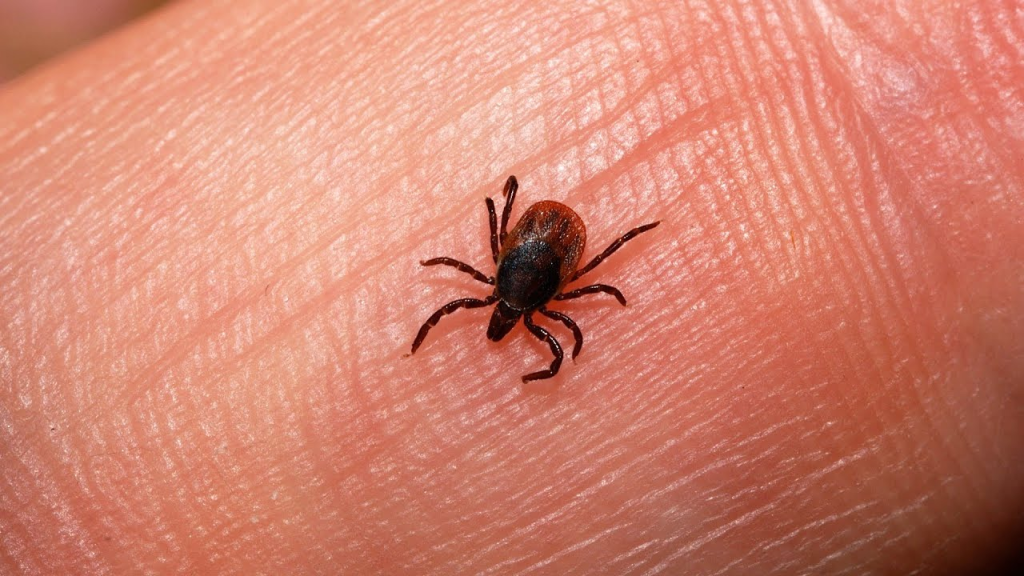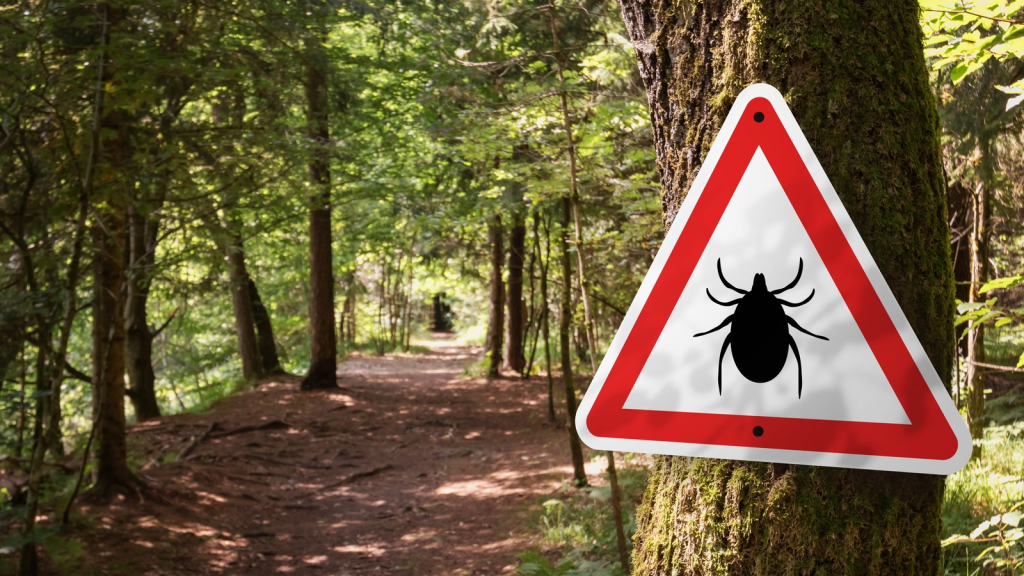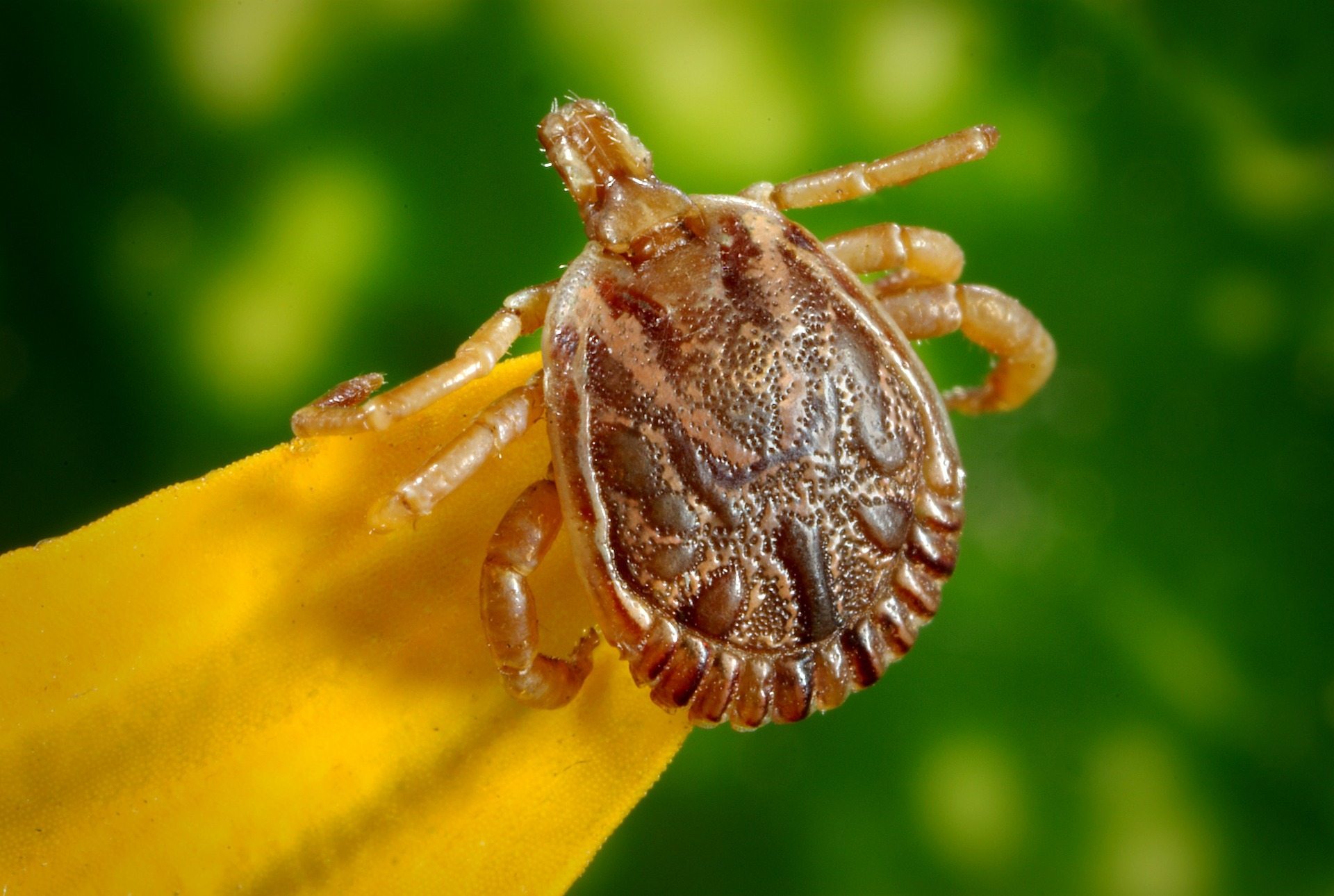How to Avoid Ticks While Camping: 12 Easy Tips
Ticks are known to carry diseases as well, so it is important to avoid them while camping by learning about their behavior, selecting the right camping site, and taking protection measures. This article will provide effective techniques on how to avoid ticks while camping and ensure a safe and enjoyable camping experience.
So, read on to learn everything to avoid ticks, and enjoy your camping outdoors with your loved ones!

Table of Contents
How to Avoid Ticks While Camping: What You Should Know
Ticks are small parasitic arachnids that live in wooded areas, tall grasses, and shrubs. They are common in many camping locations, particularly during the warmer months. Ticks latch onto humans and animals to feed on their blood, which can pose health risks such as Lyme disease, Tick-Borne Relapsing Fever and Rocky Mountain spotted fever.
How to Prevent Ticks
Before heading out on your camping trip, it’s essential to take some preparatory measures to prevent tick encounters. Make sure to do research on the camping location to determine how prevalent ticks are in that area. Here are a few tips for you to follow in order to stay away from ticks –
1. Try to not derail from the trail of the campsite
Many ticks live among the bushes and tall grasses as they wait to grab onto an animal or a person. You can successfully avoid picking up ticks if you do not stray off the trail.
2. Put on a hat
There are certain species of tick that rest on tree branches. If you move beneath the branches, the ticks lead and latch onto your skin. So, you will be more secure by wearing the hat.
3. Frequently check your clothes and body for ticks.
These creatures are very stealthy and you will most likely not notice when they begin crawling up your body. Pay close attention to hidden areas such as the scalp, underarms, and behind the ears. If you find a tick attached to the skin, then use fine-tipped tweezers to grasp it as close to the skin’s surface as possible and gently pull it straight out. Avoid twisting or squeezing the tick during removal.
4. Pack appropriate clothing and gear to provide proper protection.
Long-sleeved shirts, long pants, closed-toe shoes, and hats can serve as barriers against tick bites.
5. Spray your clothing with permethrin
which is an insect repellent that repels ticks upon contact. Use insect repellents that contain DEET or picaridin to apply to exposed skin.
6. Preparing the Campsite
Choosing the correct location for camping can somewhat reduce your exposure to ticks. Ticks are not found frequently in desert regions, so try to go camping when the weather is dry. Try to also pick out spots with little or no vegetation, such as mowed grass or open grounds. Remove any heaps of leaves, lone weeds, or dead branches before you set up a tent. You can make a barrier of wood chips or gravel around your camping area that can act as a barrier for ticks.

7. Shower and Change Clothes Daily
After a day outdoors, shower and change into clean clothes. This helps wash away unattached ticks and prevents them from migrating to your body. You can even read this detailed articles on How to Shower While Camping
8. Keep Pets Ticked-Off
Ticks can latch onto pets and be carried into your camping area. Regularly inspect and treat your pets with tick prevention products before and during the camping trip.
9. Create a Perimeter
Clear a perimeter around your campsite by removing leaves, brush, and tall grasses. This minimizes tick habitats and makes it less likely for them to crawl onto your gear or clothing.
10. Dry and High-Quality Footwear
Keep your footwear dry and in good condition. Ticks often latch onto shoes and can crawl upwards. Sturdy, closed shoes with tightly-woven fabric reduce the chances of ticks making their way onto your feet.
11. Educate Yourself about Tick Removal
Learn proper tick removal techniques. Use fine-tipped tweezers to grasp the tick close to the skin’s surface and pull upward with steady, even pressure to ensure complete removal.
12. Employ Essential Oils as Natural Repellents
Explore the use of natural essential oils as tick repellents. Oils like cedarwood, eucalyptus, and lemon have tick-deterring properties. Dilute a few drops in water and apply the solution to your skin or clothing for a potentially effective and aromatic defense against ticks while camping. Remember to perform a patch test before widespread use to ensure no allergic reactions occur.
Best Repellent for Ticks
The most effective repellents against ticks are Deet, Picaridin, and Permethrin. You have to keep it in mind that Permethrin and Deet can only be applied to clothing, but only Picaridin can be sprayed on skin as well. Here are what you should know about the repellents:
- Deet – It is a very powerful chemical, which can cause serious health conditions. But, it is the most effective repellent. Do not spray Deet on your skin, it is safe to spray it on your clothes. It also does wear off quite quickly. Keep in mind that Deet should always be done downwind to avoid breathing it in.
- Permethrin – It is made from the Chrysanthemum flower and is a natural repellent. It causes a rash and gets very scratchy when applied on skin. It can only be sprayed on clothes, but make sure to spray it on when you are not wearing them. Let the clothes dry entirely before you put them on. Permethrin is also quite strong, as it can last up to nearly two months.
- Picaridin – It is a strong chemical, but it is very safe to spray on both clothing and skin. It lasts up to 3 hours and you can easily reapply it.
And of course, natural repellents for ticks also exist. But, it should be noted that they do not work very well. Tick repellents can be toxic, so the idea of natural ones do sound appealing.
However, many natural tick repellents which are based on vanilla, lemon oil, citronella oil, and cedar oil have been tested, and people have still found ticks crawling over them during camping. And, as you are going camping, it is advisable to not use a natural repellent as these ticks will then continue to be bothersome for the whole trip.
Ticks can crawl over camping gear and equipment, so take precautions to protect them. Try your tent, sleeping bags, and other camping gear with permethrin spray to repel ticks.

How to Avoid Ticks While Camping: Concluding Remarks
By using these tips on how to avoid ticks while camping, you can greatly lower your chances of coming across these pesky creatures and protect yourself from the diseases carried by these ticks. Choose a suitable campsite, do your research on the area, bring the right clothing and equipment, and take personal safety precautions such as frequent checks for ticks. Try to bring an insect repellent with you as it is the most guaranteed way you can avoid ticks.
With these precautions in place, you may go camping without worrying about getting bitten by a tick and truly enjoy the outdoors.

Meet Sarah, a passionate traveler and camping enthusiast who loves to explore the great outdoors. With years of exploring, she has become an expert in testing and reviewing the best tents on the market which got her to start mytravelingtents.com. Her insightful reviews provide valuable information to fellow adventurers looking for the perfect tent for their next camping trip.






